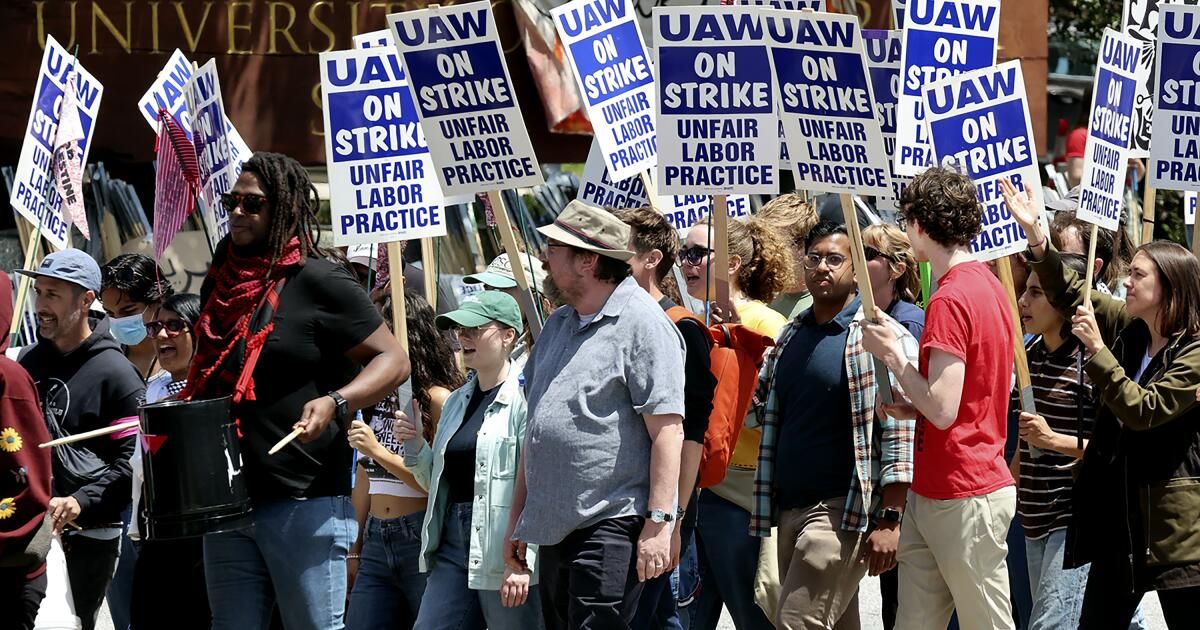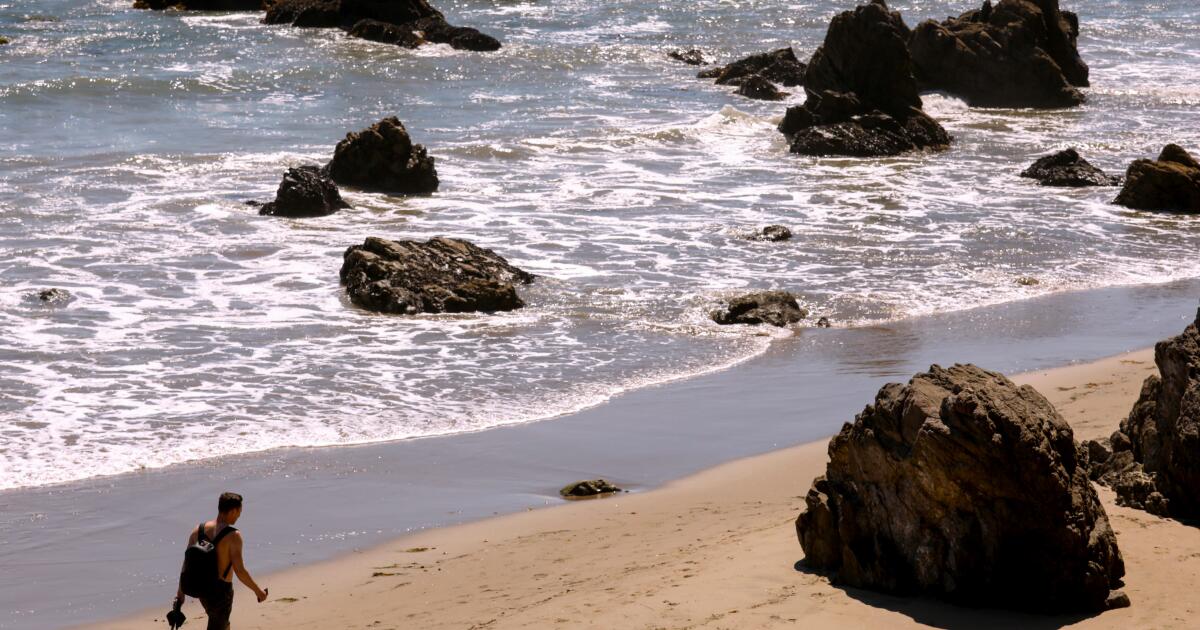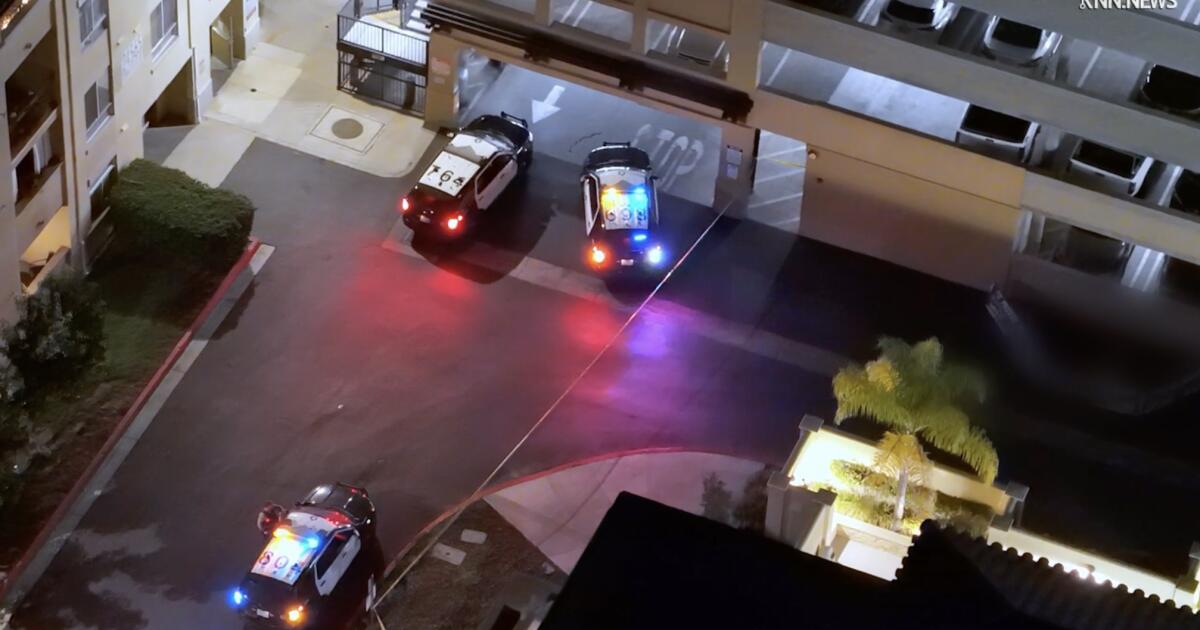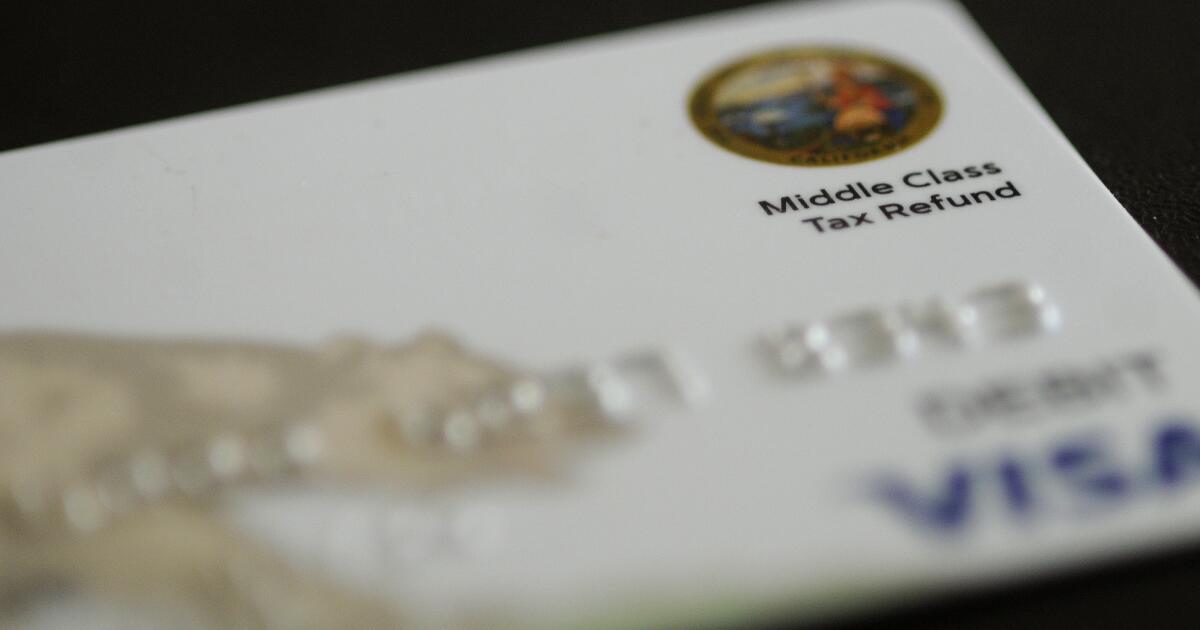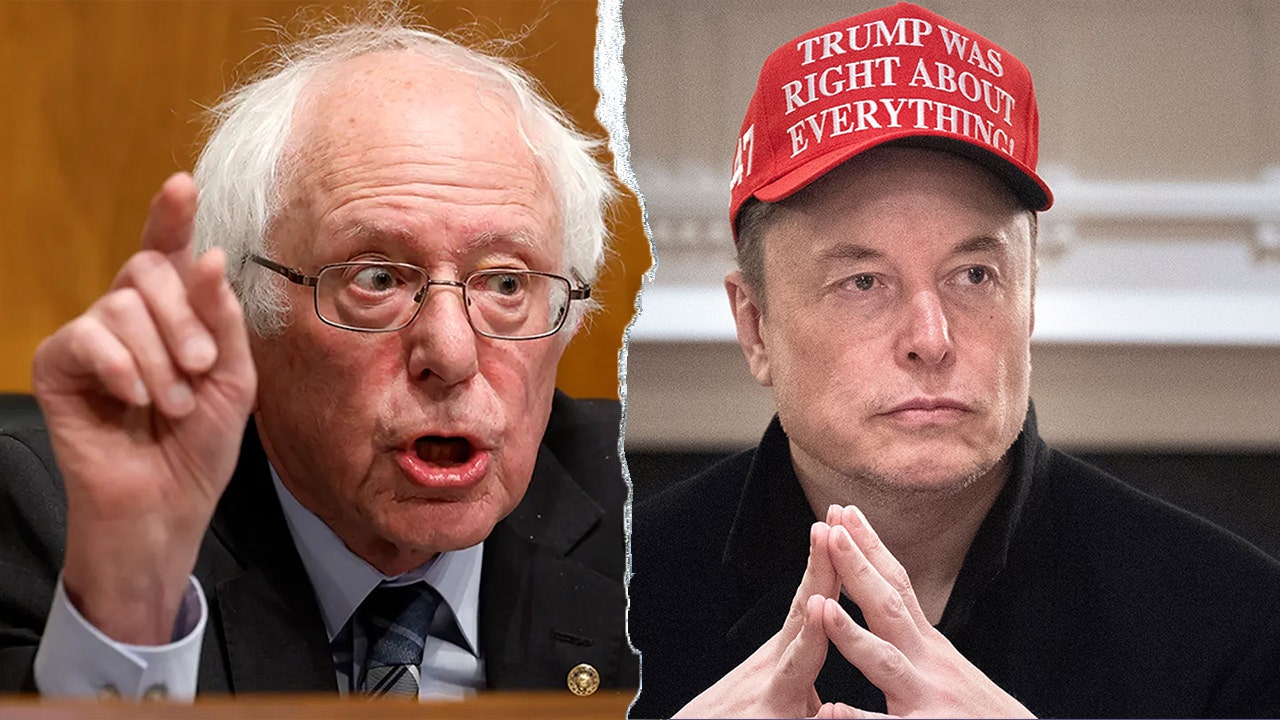University of California officials are seeking a court order to immediately end a strike by academic workers that is underway at UC Santa Cruz and could spread to other campuses in the system.
The request for injunctive relief was filed Tuesday afternoon with the California Employment Public Relations Board, which oversees labor-management interactions for public employees in the state.
The two-day strike was launched by United Auto Workers 4811, which represents 48,000 graduate students, teaching assistants, tutors, researchers and other academic workers across UC's 10 campuses and Lawrence Berkeley National Laboratory.
“Allowing the strike to continue will cause irreparable harm to the University and its students – UAW members play a critical role in end-of-year activities such as teaching, grading, and ongoing and urgent research,” a statement said. from the university published on Tuesday.
Academic workers maintain their free speech rights were violated when system leaders asked police to forcibly remove pro-Palestinian encampments on several campuses and UCLA activists were not protected from a mob attack. for hours. Police later intervened to dismantle the UCLA camp and made around 200 arrests, including some striking union members.
The union leaders' demands include protection of free speech on campus, an amnesty for all academic employees, students, student groups, faculty and staff who face disciplinary action or arrest due to their participation in protests, and the divestment by the university from “weapons manufacturers, military contractors and companies that profit from Israel's war in Gaza.”
University officials say the strike is illegal because the goal is to “pressure the University into giving in to a list of politically motivated demands closely tied to protests occurring in California and across the country.”
The request for injunctive relief “asks PERB to issue an injunction to effectively end the strike,” said Heather Hansen, a spokesperson for the UC president's office.
UC officials said they support free speech, but that union negotiations “must be tied to the terms and conditions of employment and the terms of the collective bargaining agreement.” The university also cited no-strike provisions in the current contract.
Union president Rafael Jaime said the university's latest action was disappointing but not surprising.
The union maintains that the strike is legal under rules that allow strikes in response to unfair labor practices. Each party has filed charges with PERB accusing the other of violating labor rules. However, requesting a court order will trigger an expedited process.
“The UAW will be given the opportunity to file its opposition papers no later than tomorrow morning, probably before noon,” said J. Félix De La Torre. general counsel of the employment board, referring to Wednesday's deadline. “The Board will then deliberate and likely issue its decision on Thursday.”
The union on Tuesday accused the university of improperly refusing to negotiate.
“We are open to sitting down with UC to resolve these unfair labor practices,” Jaime said. In addition to demanding an amnesty, the union is calling for conversations “about the numerous workplace and policy changes the University made as part of its crackdown on political speech on campus.”
On Tuesday, the union also drew attention to disciplinary guidelines ratified May 16 by the governing Board of Regents.
Under these rules, “any member of the university community who is arrested for unlawful conduct or cited for a violation of university policy must go through the applicable review process, such as the student code of conduct or the employee disciplinary process.”
The union characterized this measure as an additional unfair labor practice, for which it would file a complaint on Tuesday: “This new policy was not negotiated with the union. …UC is taking the law into its own hands to crush free speech on college campuses.”
The university, for its part, insisted that these rules are not new.
Unless UC takes a different course, the union warned, its leaders would announce an expansion of the strike to other campuses “no later than Friday.”
Some activists and unionists have been calling for an immediate escalation.
“The true power of our strike lies in our ability to shut down the university; only by completely disrupting university operations can we win,” a UCLA-based group posted on social media, calling for a strike Wednesday. and Thursday.
On Tuesday, hundreds of striking academic workers continued to picket UC Santa Cruz, along with pro-Palestinian protesters who moved their camp nearby, relocating tents and sleeping bags at the university's entrance along High Street.
The Santa Cruz labor action, which was announced Friday, is the first in a possible series of ongoing strikes across the UC system.
Striking academic workers picket at UC Santa Cruz on Monday.
(Jessica Garrison/Los Angeles Times)
The strike comes as a wave of encampments sweeps colleges and universities. At times, protesters have occupied university buildings while calling for an end to Israel's military attacks on Gaza.
In California, some of those encampments have been cleared with a significant police presence. At UC Irvine, law enforcement agencies from across Orange County wearing riot gear broke up an encampment and arrested 47 protesters. Police were also called to break up encampments at UC San Diego, Cal Poly Humboldt and USC.
Protesters at UC Riverside and UC Berkeley reached agreements with university officials to dismantle the encampments without police interaction.
UC Davis students have managed to maintain their camp for almost two weeks without any confrontation with the university.

